Keywords: Comedy
There are more than 200 results, only the first 200 are displayed here.
-
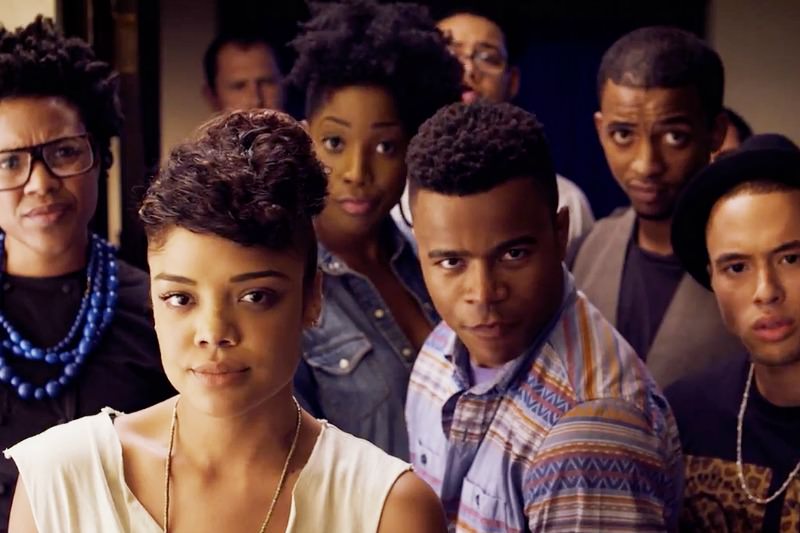
AUSTRALIA
I hung out with a group of Indian-Australians while I was a university student who called themselves 'curries', but the unspoken camaraderie that ensued from this self-identification stood in stark contrast to that time I was called a 'f***ing curry' by a passing car full of white people. You often hear from white people that they can't be called 'white' because that too is racist language. This reflects a flawed assumption that societal structures advantage and disadvantage people in the exact same way.
READ MORE 
-
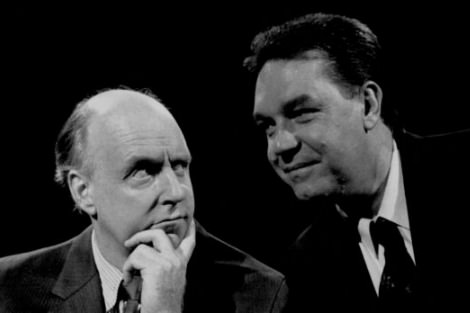
ARTS AND CULTURE
- Brian Matthews
- 13 June 2017
2 Comments
One of the 30 comedians, satirists, cartoonists and writers they interviewed was John Clarke. 'I first met John Clarke five years ago,' Murray recalls in his 1992 introduction to the interview, 'even though we grew up in the same town in New Zealand and for a while went to the same school. My claim to fame is that I nearly knew John Clarke. Recently when we looked though his school photos we realised that we knew every kid in Palmerston North in 1960 except each other.'
READ MORE 
-

ARTS AND CULTURE
- Tim Kroenert
- 30 March 2017
1 Comment
A film about a lonely widower who repeatedly attempts suicide seems like a grim proposition. Ove has suffered one too many blows in his life, the latest being the loss of his job. He finds himself at a loose end, if not purposeless. He is the self-appointed overseer of the gated community where he has lived for years, enforcing protocols of behaviour among his terrorised neighbours. Now he's had enough, and decides to join his beloved wife Sonja, in eternity. But dying doesn't come easily to Ove.
READ MORE 
-
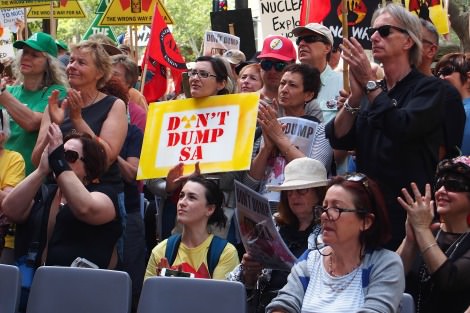
ENVIRONMENT
- Michele Madigan
- 13 February 2017
9 Comments
'It will be your artists: the poets, painters, actors, dancers, musicians, orators - they will be the ones to lead the changes.' It was one of the many international invited guests, a Maori woman speaker, who made this prediction to the huge 40,000 strong crowd that marched to Hyde Park, Sydney, on 26 January 1988. In South Australia almost 30 years later, this prophecy continues to unfold in the high-stakes battle for country that surrounds the proposed nuclear waste dump.
READ MORE 
-
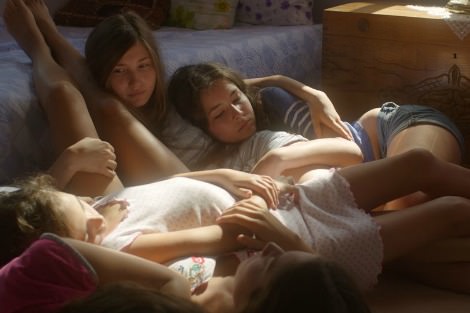
ARTS AND CULTURE
- Tim Kroenert
- 14 December 2016
3 Comments
Amid the noise of Batman battling Superman, the Avengers turning against each other, and middle aged fanboys whingeing about the Ghostbusters franchise being revitalised with an all-female lead cast, 2016 has actually been a pretty solid year for movies, both in and outside of Hollywood. We haven't had time to see them all (we have a magazine to publish, after all) but nonetheless here is a list of our ten favourite films reviewed in Eureka Street this year.
READ MORE 
-

ARTS AND CULTURE
- Tim Kroenert
- 07 December 2016
Families can be sites of great love and nourishment, and also of pain and trauma - often, all of these things, to varying degrees. The Family Fang focuses on the lives of adults bearing the mental and emotional ramifications of what can fairly be described as an abusive upbringing. It provides an illuminating counterpoint to Little Men, in which the close and sincere friendship of teenage boys comes under strain from their parents' 'grown-up' problems.
READ MORE 
-
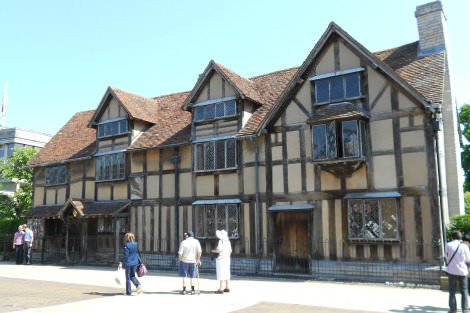
INTERNATIONAL
- Patrick McCabe
- 29 November 2016
3 Comments
Someone I read in high school, so probably Shakespeare, once said 'The past is a foreign country, they do things differently there.' Well, whoever it was clearly hadn't been to Stratford-upon-Avon (so maybe not Shakespeare then). Here, you truly can visit the past, without a passport. As one peruses the shops, houses, supermarkets and ATMs, one cannot help but speculate as to the links between Shakespeare's works and what must have been the commonplaces of his everyday life.
READ MORE 
-

ARTS AND CULTURE
- Tim Kroenert
- 23 November 2016
5 Comments
The welfare system Daniel experiences is a bureaucratic nightmare, populated by condescending Health Care Professionals, shadowy and calculating Decision Makers, managers who loom over their clients like stern parents, and caseworkers who stifle any human compassion for their desperate supplicants. He is grilled by a welfare officer about every aspect of his health except the only relevant one, his heart. Later, he runs afoul of the agency's 'online by default' processes. Daniel has never used a computer in his life.
READ MORE 
-
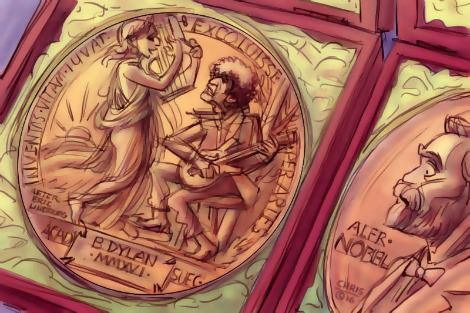
INTERNATIONAL
- Philip Harvey
- 04 November 2016
10 Comments
Initial silence from Dylan after the announcement of his Nobel Prize led one of the Scandinavian officials to complain he was being 'impolite and arrogant'. This prompted even more vitriolic opinion online on all sides, from fans, litterateurs, Dylanologists, and other armchair grenadiers. Just as things were getting completely tangled up in blue Dylan himself broke the silence to explain that news of the award had left him speechless. We shouldn't be surprised. Speechless is a normal state for a poet.
READ MORE 
-

ARTS AND CULTURE
- Tim Kroenert
- 26 October 2016
8 Comments
Perhaps it is the high egocentricity of Woody Allen's films that makes it difficult to separate the man from his work. More so even than Roman Polanski, the allegations of sexual abuse that have been levelled at Allen in life lend an unsavoury flavour to his art. Even revisiting Annie Hall these days, Allen's classic and endlessly innovative 1977 romantic comedy is tainted retrospectively by a sneaking sense of sexism, if not outright misogyny. The same is true of Café Society.
READ MORE 
-
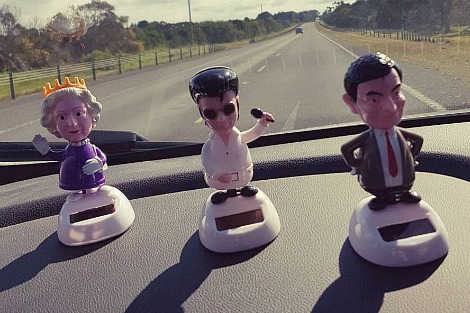
ARTS AND CULTURE
- Barry Gittins
- 13 October 2016
1 Comment
I attempted at one stage to lodge snippets of William Blake's Songs of Innocence and of Experience into the minds of our children. Emily complained that 'symmetry' didn't really rhyme with 'hand or eye'; Ben was and is more into dragons than tigers. The question later pondered of Blake's tiger 'Did He smile His work to see? Did He who made the lamb make thee?' regularly confronts me, as my wife semi-mourns and I embrace the maturing process that is taking our children towards adulthood.
READ MORE 
-
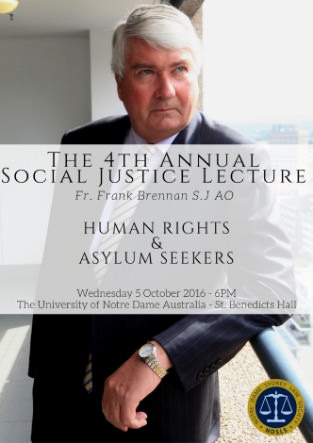
AUSTRALIA
- Frank Brennan
- 06 October 2016
8 Comments
Australia's policy is unique and unrepeatable by other nations because it requires that you be an island nation continent without asylum seekers in direct flight from the countries next door and that you have access to a couple of other neighbouring island nations which are so indigent that they will receive cash payments in exchange for warehousing asylum seekers and proven refugees, perhaps indefinitely. The policy over which Turnbull presides is not world best practice. It's a disgrace.
READ MORE